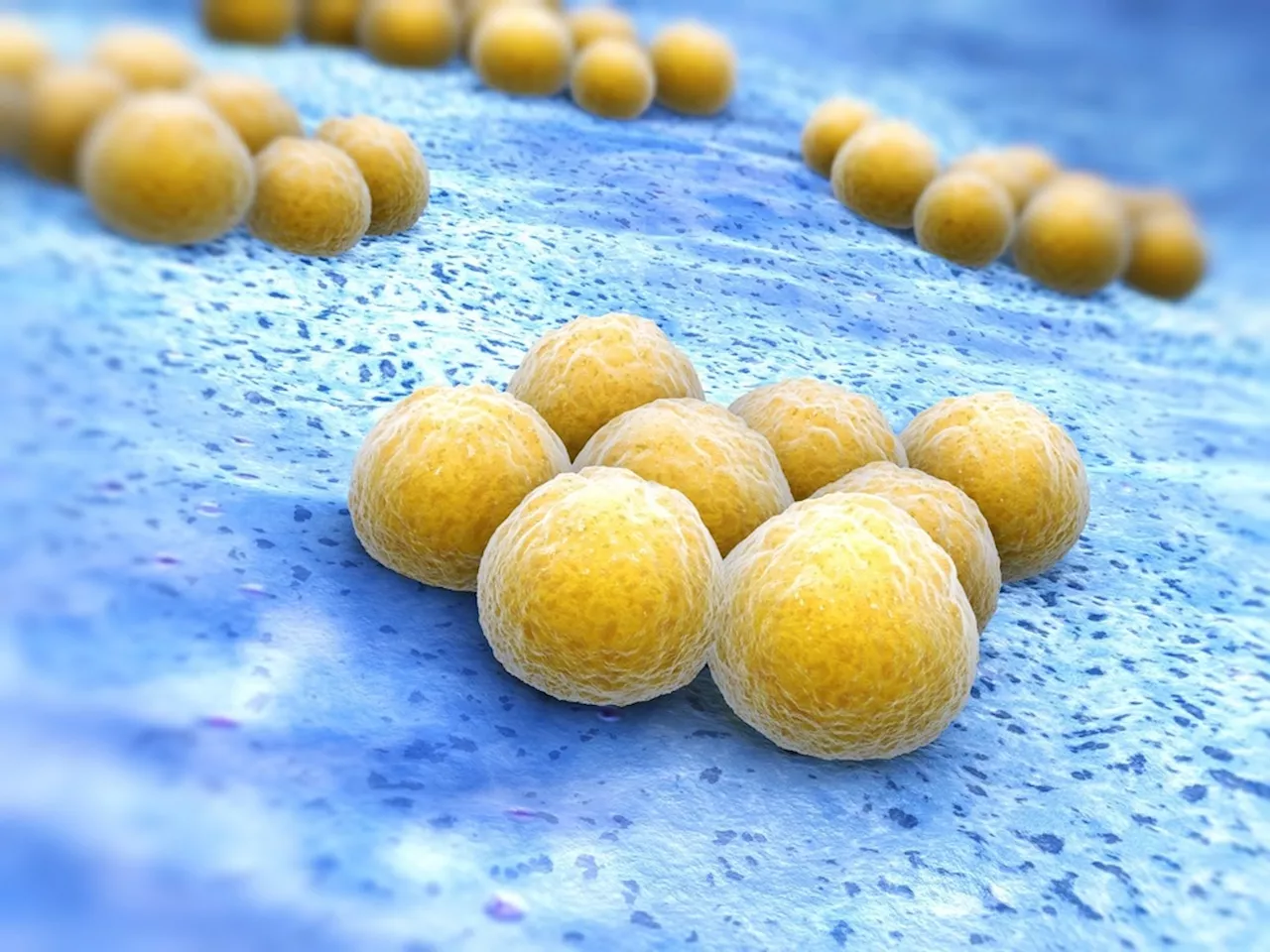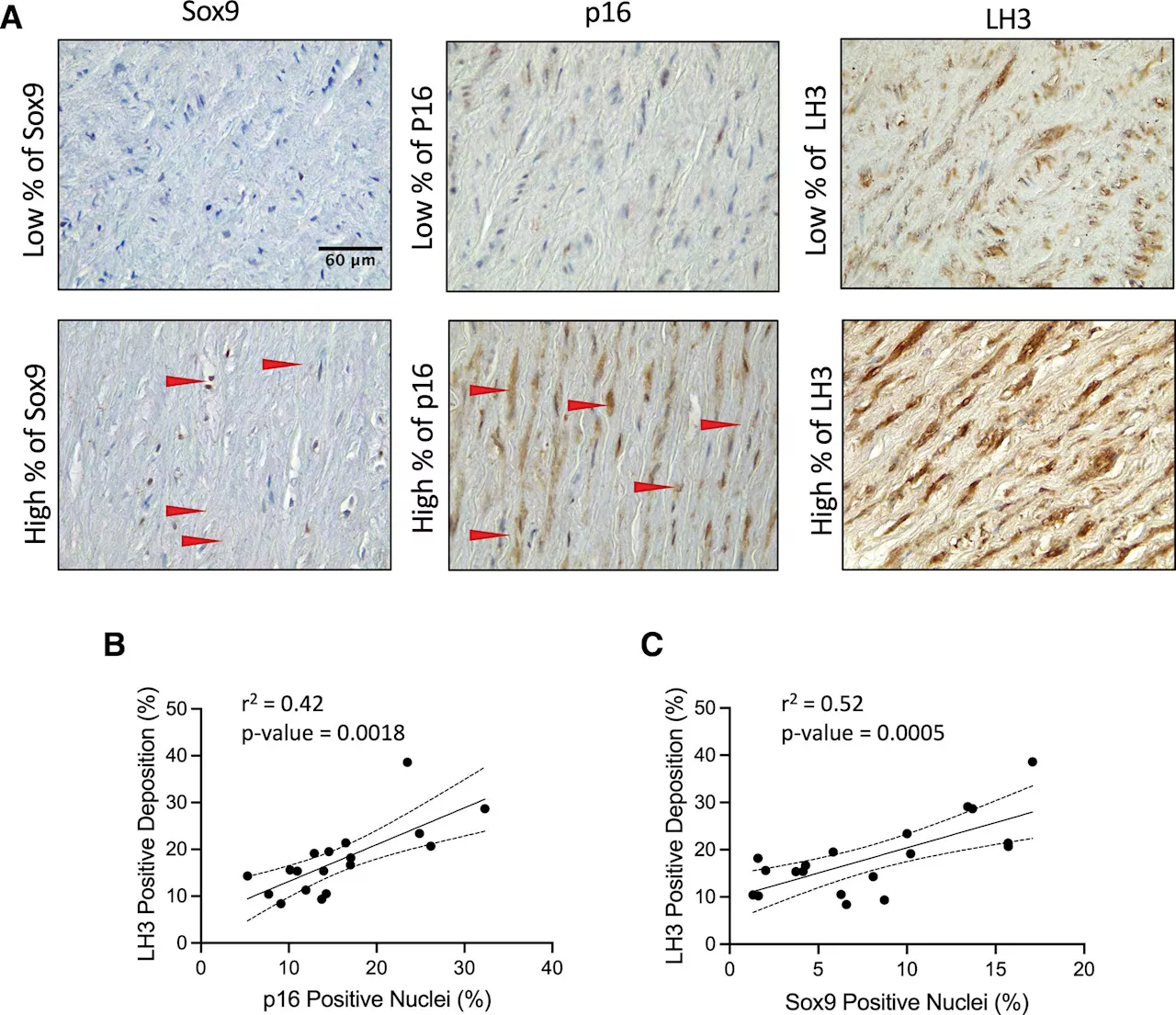Researchers in 'Emerging Infectious Diseases' debunk the scenario of a global fungal pandemic as depicted in HBO's 'The Last of Us,' citing slow fungal evolution and current pathologies as barriers to such an event.
By Hugo Francisco de SouzaFeb 15 2024Reviewed by Susha Cheriyedath, M.Sc. In a recent early-release article published in the journal Emerging Infectious Diseases, researchers review our current knowledge of fungal pathology and use it to discuss the plausibility of an impending catastrophic global fungal pandemic as depicted in the popular Home Box Office television series, 'The Last of Us.
The series has been met with unprecedented public interest, with its season one premiere being the second-biggest HBO series release since 2010 . Within two months of release, the show's average viewership rose to 40 million per episode, one of the highest for any series within the genre. Unfortunately, the series' detailed storytelling of the fungal pandemic has sparked public concern regarding the plausibility of a similar pandemic occurring in real life.
While the growing global number of immunosuppressed individuals results in a worrisome trend of increasing worldwide fungal susceptibility, the current potential of fungal infections pales to those of bacteria and viruses.
Can fungi make us zombies? In short – no. While 'zombie fungi' do exist – The Last of Us portrays the species-jumping evolution of the zombie-ant fungus, Ophiocordyceps unilateralis or Cordyceps, a natural fungus that infects insects in tropical forest ecosystems, hijacking their bodies to facilitate its reproduction and spread, fungal hijacking of human bodies remains unlikely. This is primarily due to none of the Cordyceps species infecting lower vertebrates, let alone humans.
So, we're safe, right? Not entirely. While no publicly available military records on the weaponization of fungal pathogens exist, our clinical support in the event of a pandemic is alarmingly limited. Given their eukaryotic nature, anti-fungal clinical interventions are severely hampered, with only four known anti-fungal agents extant and no commercially available fungal vaccines currently available.
South Africa Latest News, South Africa Headlines
Similar News:You can also read news stories similar to this one that we have collected from other news sources.
 Researchers receive £2.4 million to generate evidence on the new NHS Pharmacy First serviceResearchers from the London School of Hygiene & Tropical Medicine (LSHTM) have been awarded £2.4m by the National Institute for Health and Care Research (NIHR) to generate evidence on the new National Health Service (NHS) Pharmacy First service.
Researchers receive £2.4 million to generate evidence on the new NHS Pharmacy First serviceResearchers from the London School of Hygiene & Tropical Medicine (LSHTM) have been awarded £2.4m by the National Institute for Health and Care Research (NIHR) to generate evidence on the new National Health Service (NHS) Pharmacy First service.
Read more »
 Researchers uncover how deadly MRSA pneumonia inhibits body's antimicrobial activityResearchers examined how heparan sulfate (HS) shedding impacts cathelicidin efficacy in Methicillin-Resistant Staphylococcus aureus (MRSA) pneumonia.
Researchers uncover how deadly MRSA pneumonia inhibits body's antimicrobial activityResearchers examined how heparan sulfate (HS) shedding impacts cathelicidin efficacy in Methicillin-Resistant Staphylococcus aureus (MRSA) pneumonia.
Read more »
 Researchers identify potential way to treat genetic epilepsy by replacing 'lost' enzymeScientists at the Francis Crick Institute have found a new treatment target for CDKL5 deficiency disorder (CDD), one of the most common types of genetic epilepsy.
Researchers identify potential way to treat genetic epilepsy by replacing 'lost' enzymeScientists at the Francis Crick Institute have found a new treatment target for CDKL5 deficiency disorder (CDD), one of the most common types of genetic epilepsy.
Read more »
 Researchers develop model to assess biology of human placental barrierDuring pregnancy, the human placenta plays multiple essential roles, including hormone production and nutrient/waste processing. It also serves as a barrier to protect the developing fetus from external toxic substances. However, the placental barrier can still be breached by certain drugs.
Researchers develop model to assess biology of human placental barrierDuring pregnancy, the human placenta plays multiple essential roles, including hormone production and nutrient/waste processing. It also serves as a barrier to protect the developing fetus from external toxic substances. However, the placental barrier can still be breached by certain drugs.
Read more »
 Researchers create machine learning-based classifier that could aid early diagnosis of psychosisThe onset of psychosis can be predicted before it occurs, using a machine-learning tool which can classify MRI brain scans into those who are healthy and those at risk of a psychotic episode.
Researchers create machine learning-based classifier that could aid early diagnosis of psychosisThe onset of psychosis can be predicted before it occurs, using a machine-learning tool which can classify MRI brain scans into those who are healthy and those at risk of a psychotic episode.
Read more »
 Researchers uncover key molecule influencing vascular agingA new study shows how the molecule Sox9 is involved in a positive feedback loop that accelerates the aging of blood vessels, which could be used as a target for new therapies.
Researchers uncover key molecule influencing vascular agingA new study shows how the molecule Sox9 is involved in a positive feedback loop that accelerates the aging of blood vessels, which could be used as a target for new therapies.
Read more »
